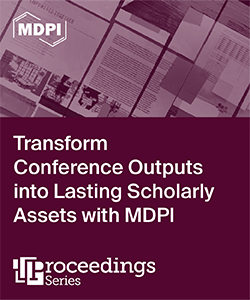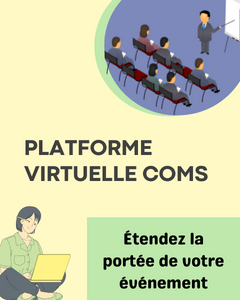Accueil / Calendrier de conférences / Mathématiques / Théorie des graphes et combinatoire / États-Unis
Conférences > Mathématiques > Théorie des graphes et combinatoire > États-Unis
Sélecionner un pays
1
Webs in Algebra, Geometry, Topology and Combinatorics
08 dec 2025 - 12 dec 2025 • Providence, RI, États-Unis
Identifiant de l'évènement:
1655260
Conference-Service.com met à la disposition de ses visiteurs des listes de conférences et réunions dans le domaine scientifique. Ces listes sont publiées pour le bénéfice des personnes qui cherchent une conférence, mais aussi, bien sûr, pour celui des organisateurs. Noter que, malgré tout le soin que nous apportons à la vérification des données entrées dans nos listes, nous ne pouvons accepter de responsabilité en ce qui concerne leur exactitude ou étendue. Pensez donc à vérifier les informations présentées avec les organisateurs de la conférence ou de la réunion avant de vous engager à y participer!
Dernière mise à jour: 16 février 2025



